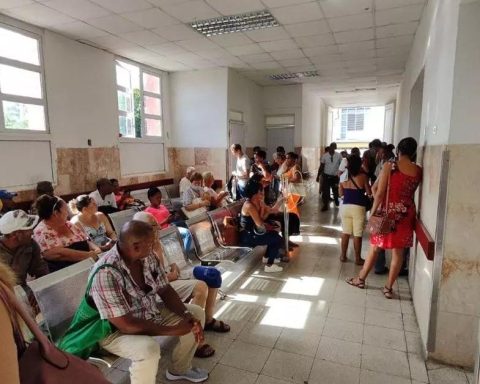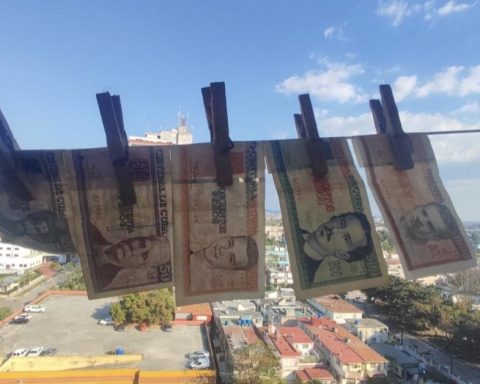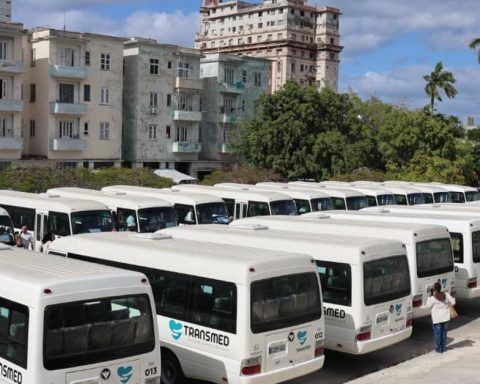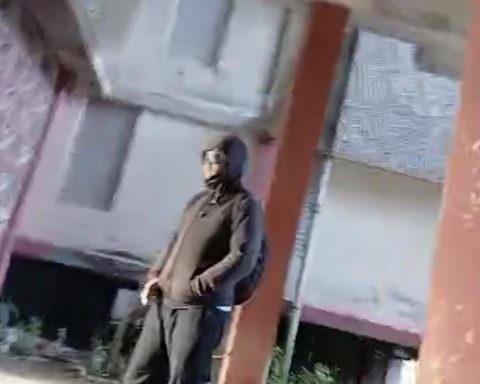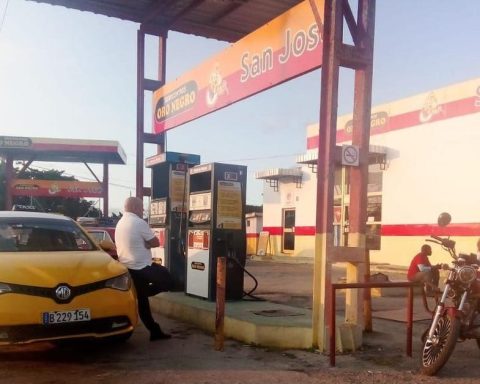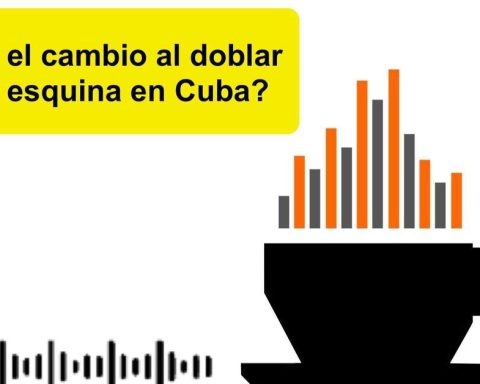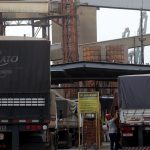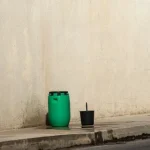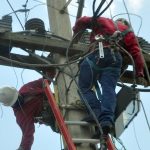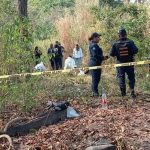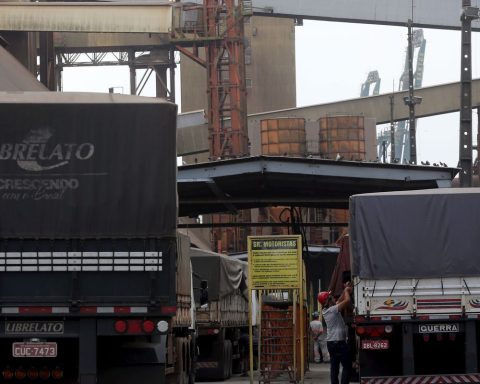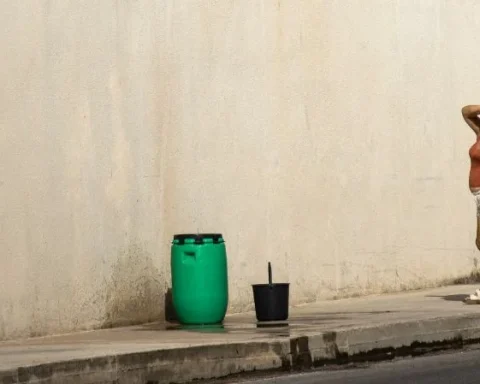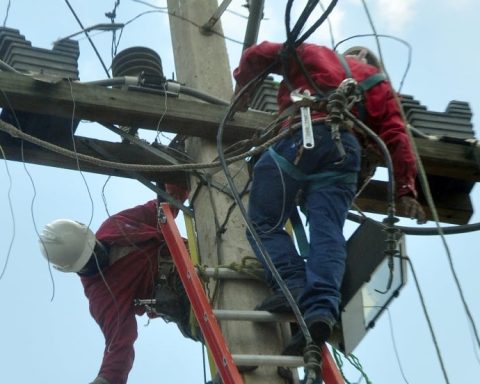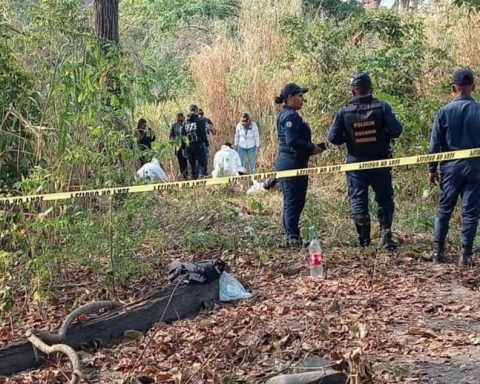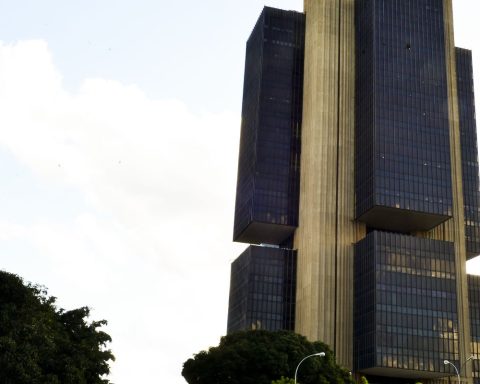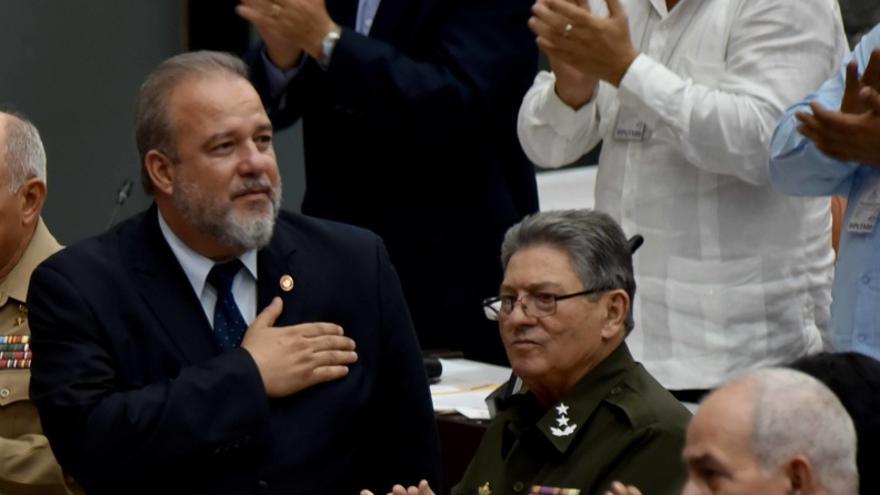
The Cuban Prime Minister, Manuel Marrero, arrived in Moscow at dawn this Tuesday “to expand and consolidate bilateral relations” between Russia and the Island. The official visit will last until June 17, as noted by the Official Twitter account of the Government, which has changed the background image of the profile to one of the famous Saint Basil’s Cathedral, located in Red Square.
Marrero was received by Julio Garmendía Peña, Cuban ambassador in Moscow, upon his arrival from Turkey, where he attended the inauguration of Recep Tayyip Erdogan, newly elected president of the country, and met with Turkish businessmen.
Eleven days of meetings await the prime minister “in the context of expanding and consolidating ties, particularly economic and commercial ones”, but he will not be alone. The large Cuban entourage is made up of the Deputy Prime Minister and Head of Foreign Trade and Foreign Investment, Ricardo Cabrisas, and the Ministers of Public Health, Tourism, Energy and Mines, and Transportation.
Subsequently, a “program” is planned in the capital that has not yet been detailed and finally he will attend the International Economic Forum in St. Petersburg
In addition, he is also accompanied by Gerardo Peñalver, First Deputy Minister of Foreign Affairs, and Joaquín Alonso Vázquez, Minister-President of the Central Bank of Cuba.
Within Marrero’s agenda is, first of all, his participation in the Eurasian Intergovernmental Council, which will be held between the 7th and 9th in Sochi, on the shores of the Black Sea. Subsequently, a “program” is planned in the capital that has not yet been detailed and, finally, he will attend the International Economic Forum in Saint Petersburg.
The prime minister’s visit was announced last April and comes seven months after the one carried out by Miguel Díaz-Canel in November 2022, also after passing through Turkey, on a tour that previously included Algeria and ended in China to seek help from all these countries, basically to try to solve the energy problem that last summer plunged the island not only into serious economic problems, but also into social protests against the government. The inclusion of Minister Vicente de la O Levy in Marrero’s entourage invites us to think that there is a long way to go to talk about this issue.
The same can be assumed of the presence of Alonso Vázquez, after the request of three Russian banks to operate on the Island was finalized in May. Just a few months ago Cuba implemented the operation of the Mir payment system (Russian version of Visa or Mastercard) and its leaders have discussed on several occasions the possibility of adopting payment in rubles to avoid international sanctions, although most experts consider this option very unlikely in the regional context of Cuba where the US dollar is the reference currency. .
The Minister of Tourism, Juan Carlos García Granda, has his own mission: to rescue the dwindling Russian market
Tourism Minister Juan Carlos García Granda has his own mission: to rescue the dwindling Russian market. The Cuban authorities have insisted on a recovery of travelers from that country despite the fact that the data indicates that it is decreasing and although this decrease has been attributed to the lack of flights for a good part of last year -since the sanctions for the invasion to Ukraine–, the truth is that the Russians began to exchange Cuba for the Dominican Republic long before the war began.
As for the presence of the Minister of Transport, the ties with Russia go back a long way. In 2019, the Cuban Railway Union and the Russian RZD signed an agreement worth 2,314 million dollars to modernize the island’s railway infrastructure. Although a year later senior Russian officials explained that few of the sixty projects signed were they could not come to terms with the Cubans due to their economic problems and their “mentality”, cooperation has not stopped completely and, among other things, the island has received locomotives and wagons from Moscow, in addition to remodeling workshops with Chinese help.
The presence of Cabrisas, debt negotiator and visible face of Russian investment, which at the moment covers all sectors, was taken for granted. However, the strangest of the presences is that of the Minister of Health since, although there are cooperation agreements between the two countries in scientific and health matters, the materialization is less visible than in other areas. In June of last year, Cabrisas met with Mikhail Murashko, Russian Health Minister, with whom he discussed the possibility of a mutual supply of medicines and collaboration in nuclear medicine.
Moscow has seen in the island’s needs a gateway to the entire Latin American continent, called to replace a Europe that has ended its years of friendship with the Kremlin
Exchanges between Russia and Cuba have increased by leaps and bounds in the last year when, after the invasion of Ukraine, Moscow has seen in the Island’s needs a gateway to the entire Latin American continent, called to replace a Europe that has ended its years of friendship with the Kremlin. The regime in Havana, likewise, needs Putin’s help to survive, and in exchange for it, it is willing to make concessions never seen before.
Just a month ago, Boris Titov, adviser to the Russian Government, assured that the Island has offered Russian businessmen the right to use land for a period of 30 years, a privilege without precedent since 1959. These conditions affect, he explained, ” both long-term land leasing and duty-free importation of agricultural machinery, granting the right to transfer foreign exchange earnings, and much more.” The official added that they expect the reduction of “bureaucratic barriers.”
Titov has been advising the island’s government for months to transform its economy and open up more to the private sector, but fear has spread among many analysts who believe that Cuba is heading towards a Russian-style capitalism of oligarchies.
In recent months, Deputy Prime Minister Dmitri Chernishenko, economic adviser to President Vladimir Putin, Maxim Oreshkin, the President of the State Duma, Vyacheslav Volodin, and Foreign Minister Sergei Lavrov, as well as the Secretary of the Security Council, Nikolai Patrushev, have also traveled to the island. , and the CEO of the state oil giant Rosneft, Igor Sechin.
________________________
Collaborate with our work:
The team of 14ymedio He is committed to doing serious journalism that reflects the reality of deep Cuba. Thank you for accompanying us on this long road. We invite you to continue supporting us, but this time becoming a member of our newspaper. Together we can continue transforming journalism in Cuba.
